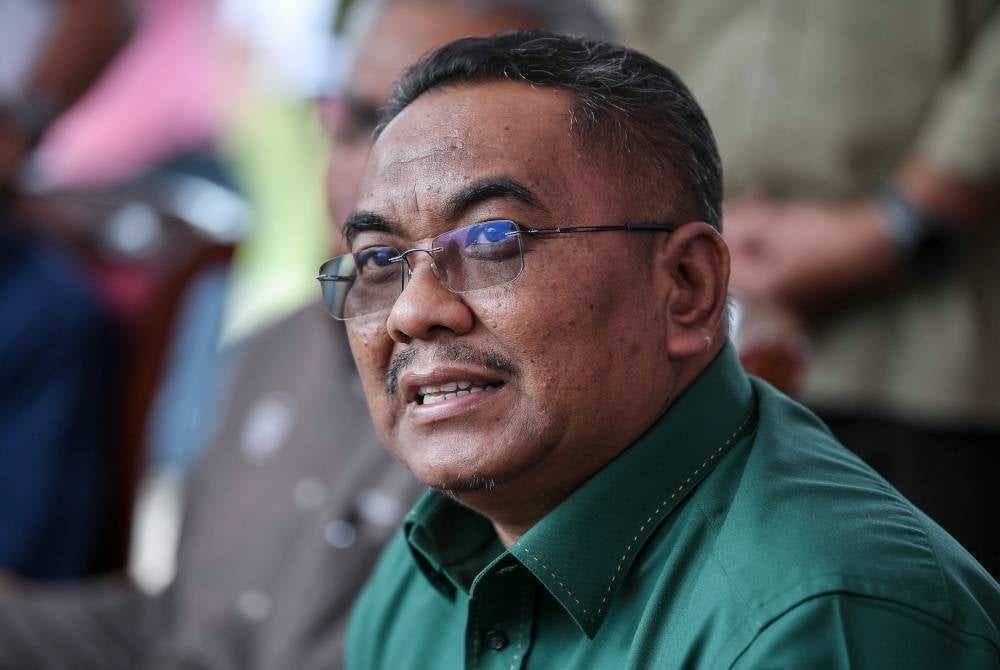'Kalih Bagi Sama' political campaign is regressive - Sanusi

ALOR SETAR - The campaign slogan "kalih bagi sama" by Kedah Pakatan Harapan (PH) and Barisan Nasional (BN) parties for the upcoming state polls is facing criticism for its alleged regressive nature.
Kedah Perikatan Nasional (PN) chairman Datuk Seri Muhammad Sanusi Md Nor, expressed that the campaign fails to embody democratic principles and hinders the nation's progress.
He emphasised that the right to choose leadership through elections is a fundamental right enshrined in the laws.
"Some are advocating for a campaign that promotes equality between the state and federal governments. They argue that justice can only be achieved when both levels are equal. However, this approach is regressive," he remarked.
Sanusi stressed the importance of conducting political campaigns in accordance with the law and without undermining it.
"The public has already made their choice, and the government has been formed in Kedah. However, when leaders come from different parties, doubts arise.
"The law does not mandate that justice can only prevail when the central and state parties are the same. Such a notion goes against the law. There is no need for a campaign that disregards legal principles," he said.
He stressed that all administrative matters, especially those between the state and federal governments, must be governed by the law.
"It is crucial to treat Kedah fairly, even if the state is governed by a party that differs from the ruling party at the federal level. Campaigns like 'kalih bagi sama' can only be considered just if they adhere to the law," he added.
Kedah PH and BN launched their election campaign with the slogan 'Kalih Bagi Sama,' aiming to ensure harmonious coordination between the state and federal administrations.
Kedah BN Chairman, Datuk Seri Mahdzir Khalid, who also serves as the Kedah State Unity Leadership Council Chairman, along with Kedah PH Chairman, Datuk Mahfuz Omar, urged the people of Kedah to seize the opportunity in the election to align the state administration with the federal government.
They highlighted that sharing political leadership between the central and state governments would bring long-term developmental benefits and facilitate government-to-government affairs, meeting the expectations of the public.













